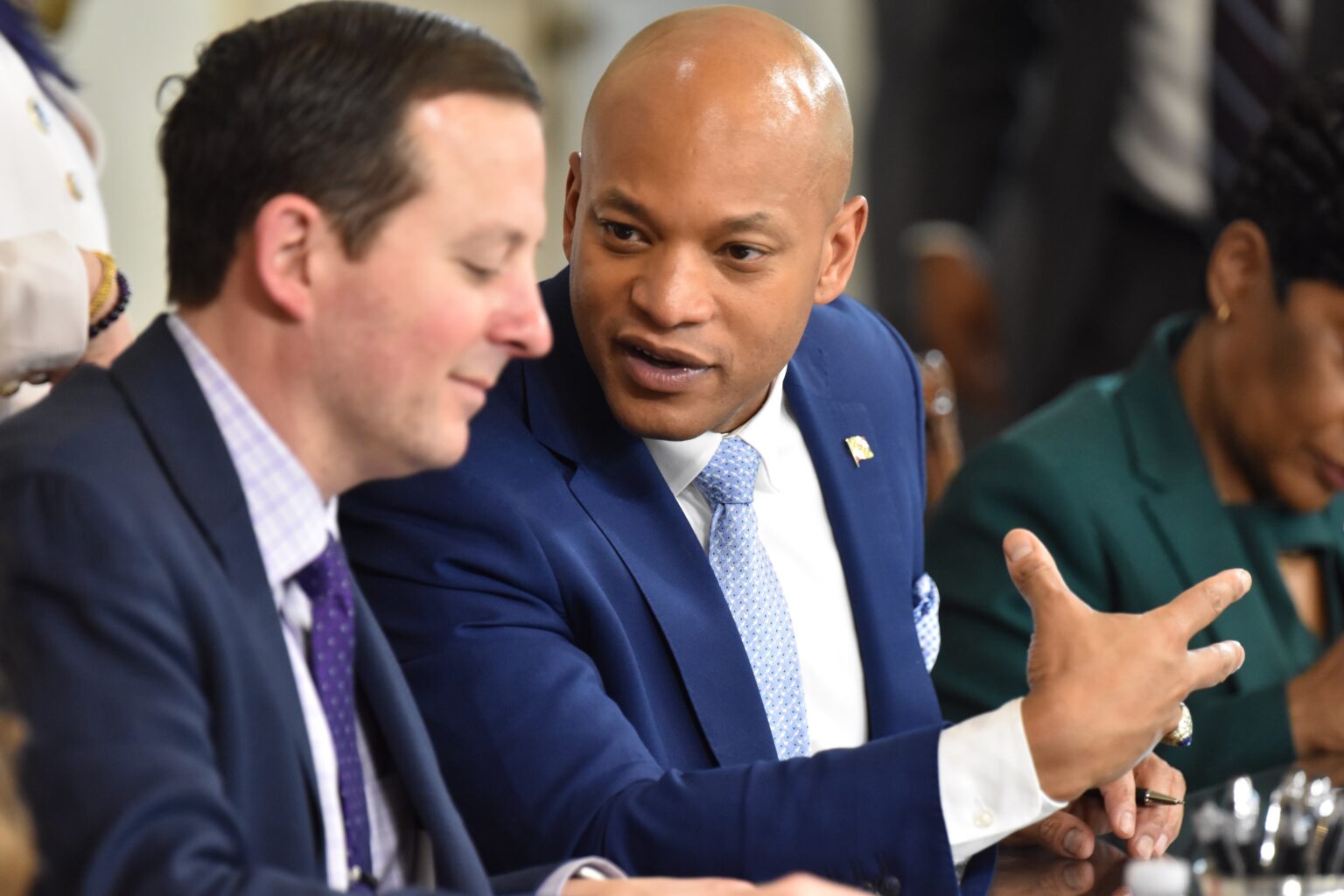
Maryland Governor Wes Moore Considers Congressional Redistricting Despite Senate Opposition
TL;DR
Governor Wes Moore's redistricting push could give Democrats a strategic advantage by potentially gaining a congressional seat in Maryland.
Redistricting involves redrawing Maryland's eight congressional districts mid-decade, which requires a special legislative session and faces procedural opposition.
Mid-cycle redistricting risks undermining public trust in democratic institutions and could weaken Maryland's ability to counter radical political agendas.
A political showdown emerges as Governor Moore challenges Senate President Ferguson's opposition to mid-decade congressional redistricting in Maryland.
Maryland Governor Wes Moore has indicated he may proceed with plans to redraw the state's eight congressional districts, potentially calling a special session despite significant opposition from Senate President Bill Ferguson. The Democratic governor's push for mid-cycle redistricting sets up a confrontation within his own party over electoral strategy and political risk assessment.
Senate President Ferguson, in a letter to Senate Democrats, expressed strong opposition to redistricting outside the normal decennial cycle, calling the approach "too risky" for Democrats. Ferguson argued that attempting to redraw congressional districts to gain one seat could potentially result in Maryland losing a Democratic seat to Republicans. His concerns center on the political calculations involved in redistricting during the middle of a decade rather than following the traditional census-driven timeline.
Ferguson articulated broader concerns about the implications of mid-cycle redistricting, stating that it "twists rules for potential short-term advantage while undermining trust in institutions and ultimately, democracy." However, he emphasized that the primary reason for his opposition was practical political risk rather than philosophical objections. "Simply put, it is too risky and jeopardizes Maryland's ability to fight against the radical Trump Administration," Ferguson wrote in his letter. "At a time where every seat in Congress matters, the potential for ceding yet another one to Republicans here in Maryland is simply too great."
Governor Moore responded to Ferguson's opposition by noting that the General Assembly comprises many members beyond the Senate President. "The General Assembly is a large body, so while I have read the Senate President's letter, I also know that one person cannot stop a process," Moore told reporters. This statement signals the governor's willingness to engage in a political battle over redistricting strategy within the Democratic-controlled legislature.
The potential redistricting effort carries significant implications for Maryland's congressional representation and national political balance. With eight congressional seats currently at stake, any changes to district boundaries could affect electoral outcomes for years to come. The debate reflects broader national conversations about redistricting practices and their impact on democratic representation.
Mid-decade redistricting remains relatively uncommon in American politics, with most states adhering to the traditional practice of redrawing districts only after each decennial census. Maryland's consideration of this approach highlights the increasing strategic importance states are placing on congressional district boundaries in closely divided national politics. The outcome of this internal Democratic party debate could influence how other states approach redistricting in future political cycles.
The confrontation between Maryland's governor and senate president also demonstrates the complex calculations political parties must make when balancing short-term electoral gains against long-term institutional stability. As states nationwide grapple with redistricting controversies and legal challenges, Maryland's internal debate provides a case study in the tensions between political advantage and procedural norms in contemporary American democracy.
Curated from citybiz
